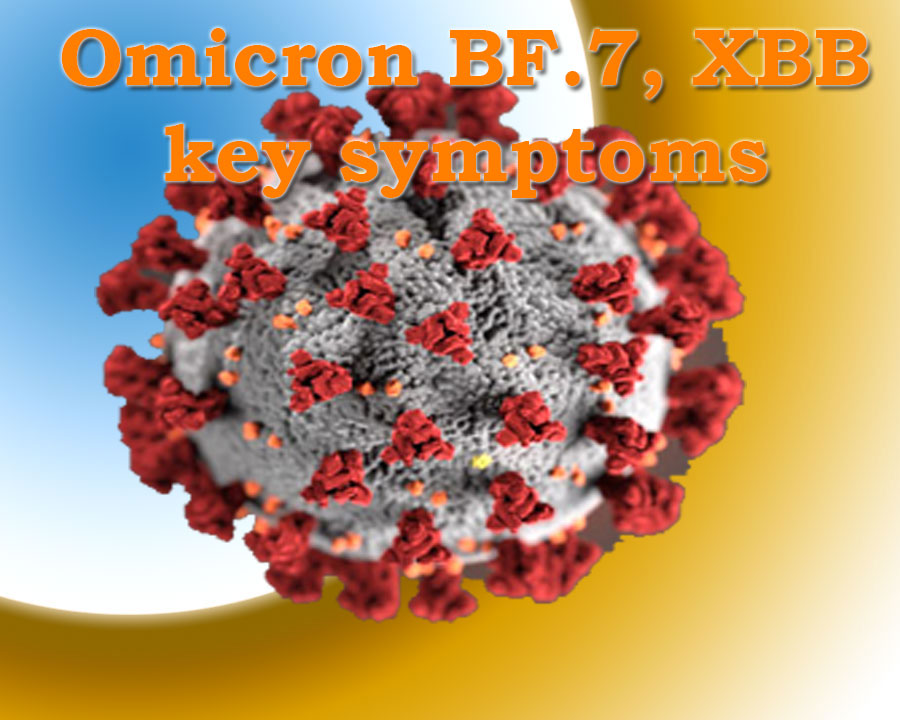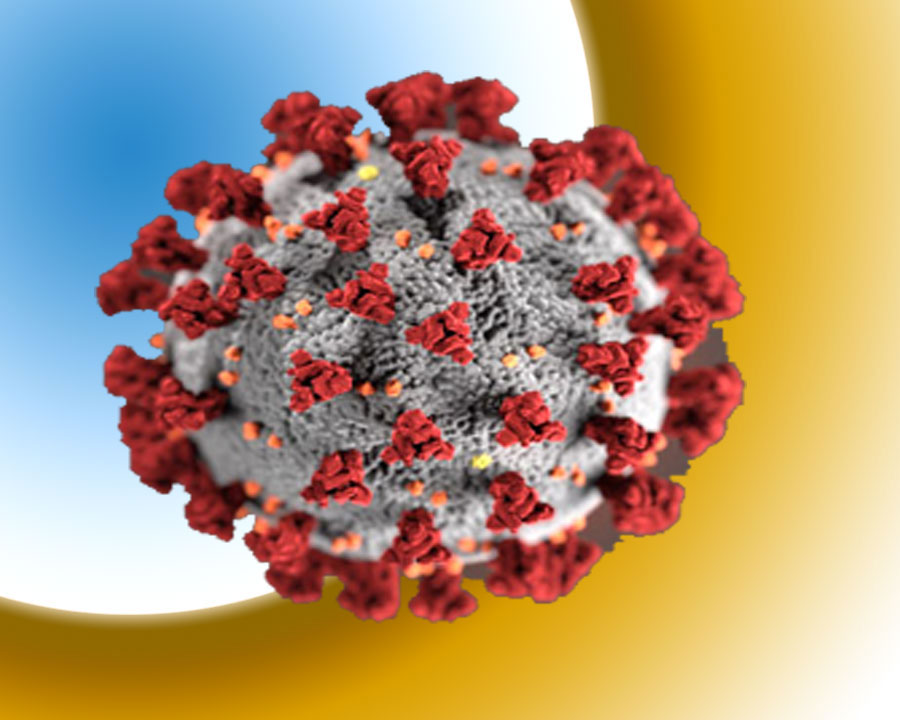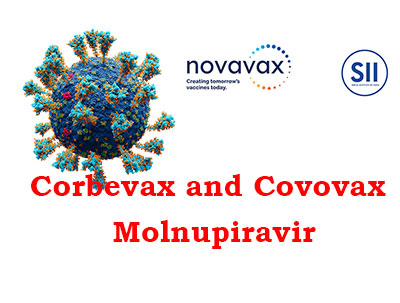
When we talk about someone suffering from Diabetes, the first thing that comes into our mind is that the person would be practising absolute or a major abstinence from sugar. It might sound unbelievable to many but a particular type of sugar may pose some intervention when it comes to development of diabetes or actually the metabolic syndrome largely. The term ‘metabolic syndrome’ actually implies to the abnormalities like type 2 diabetes, hypertension, obesity, liver disease, fatty acids clustered together – that increase the chances of cardiovascular risks. The individual effect of each of the conditions may cause cancer, coronary heart disease, stroke, even kidney failure, etc. But once these problems unite, the intensity of risk is much more amplified.
A Difficult Ailment and a Potential Solution
Arriving at a trusted consistent solution to combat the metabolic syndrome (MS) is a tough nut to crack. However, the researchers around the world have taken up the challenge of tackling the issue, which is spreading like forest fire in global population. As surreal as the news of a saviour natural sugar may seem to be, the Washington School of Medicine located at St. Louis Missouri have almost pioneered a route to healthier future by using it to restrict the metabolic syndrome. In the journal called JCI Insight, the researchers have published their latest findings that revolve around the properties of “Trehalose”, a natural sugar and its actions.
Apart from many other complaints that the MS bearers have, they have the tendency to develop triglyceride at a high level in their blood that may end up causing a condition called atherosclerosis, in which the arteries are clogged.
The prevalence of MS worldwide is on the rise with 20 -25% of adult population estimated to living with it. In the United States, the percentage had increased to 34.2% by 2007-2012 from 1988-1994. Not only adults, even children and adolescents are being prey to the deadly syndrome internationally. Some of the factors to which this rising problem may be attributed to are increasing sedentarism, insufficient nutrition, increased life expectancy and ageing of population.
Coming to Trehalose, it is a widely used ingredient for industrial purpose, mainly in food and cosmetic industry. The organic sugar is prepared through synthesis by some bacteria, fungi, invertebrates and even plants as an obtainment of a source of energy and even as a survival measure in freezing situations or during scarcity of water.
What does the Study Say?
During the study by the researchers, the Trehalose was fed to mice by mixing it in their water and it was discovered that it resulted in some changes that might be quite helpful for individuals having MS. It was observed during the research that a gene called ALOXE3 was produced by obstructing glucose from the liver and this gene tended to improve insulin sensitivity.
Eventually, the activation of the gene called ALOXE3 would trigger burning of calories, hindering accumulation of fat and weight gain. The mice to which the sugar was fed showed signs of a drop in the levels of fat, as well as, cholesterol in blood.
The publication mentions that this effect can be compared to that of fasting, which when done by mice activates the ALOXE3 too. Moreover the improvement in insulin sensitivity is similar to the effect of a commonly used drug Thiazolidinediones.
Contradictions
The study seems to be very promising in future and may make it possible for the people to savour the benefits of fasting without actually refraining from food. However, there is no achievement of solution without its own set of challenges. One such challenge is the presence of two molecules of glucose in Trehalose that may be broken down during the transit through gastrointestinal tract. The deal with the possible counter-productivity, a related sugar called “Lactotrehalose” was investigated. It was noticed that though the molecules were impermeable in respect to digestive enzymes, they still triggered activation of ALOXE3. It is due to its ability to reach the intestines undamaged that it has the potential to encourage the growth of gut bacteria or in other words, acting as a prebiotic.
The study of Lactotrehalose was carried without mice being involved, unlike the earlier one. There is definitely a lot of work to be done before it can be ensured that these organic sugars may inhibit the flourishing of MS and benefit the humans. Nevertheless, the study has given some hope on future possibilities that a natural way can be employed to mitigate atleast some harm that MS has done.
--Deepak Kumar











